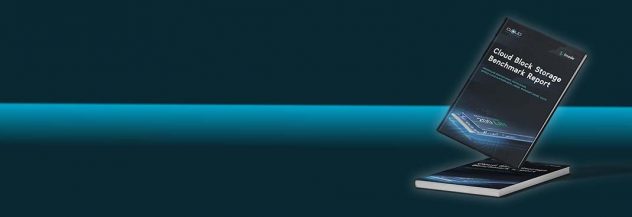404
Bummer! The page you were looking for wasn't found. You can browse our articles or try searching.
Go

How to Unit Test Your Go Application
Master the art of unit testing in Go with this comprehensive guide, covering essential techniques, best practices, and practical examples to ensure reliable and …

A Guide to Rust vs. Golang: Performance and Uses
Which is better: Golang vs. Rust? Choosing between Rust or Go for your next project depends on a few different factors.

The GOPATH in Golang
The GOPATH in Golang is used to point to a Go Workspace. The Go Workspace is where you store your Go source code and binary executables. This guide takes a deep …

Using the Go Unit Testing Command: go test
This guide provides an introduction to unit testing in the Go programming language. It also provides an example unit test from the Go testing package documentat …

Getting Started with Go
This guide will introduce you to the Go programming language and will also instruct you on how you can create and run your first program and more.

A Tutorial for Learning Structs in Go
Learn how to use structs in Go, including how structs use value semantics, how to handle pointers to structs, and how to associate methods with structs.

A Tutorial for Learning Go Functions, Loops, and Errors
Learn how to use loops, how to create functions, and how to handle errors in the Go language.

Creating, Reading and Writing Files in Go
This guide provides you instructions for performing various file I/O operations in the Go programming language, such as verifying a path exists, and more.

Create a TCP and UDP Client and Server using Go
Create a TCP and UDP client and server using the Go programming language.

Using the context Go package
This article showcases some of the use cases of the context package which is part of Go, a programming language created by Google and uised in many popular apps …

A Tutorial for Learning Go Data Types
In this guide, we will walk you through the basics of the Go programming language, including pointers, available numeric types, arrays, slices, and maps.

Getting Started with Go Packages
This guide provides you with step-by-step instructions for getting started with the Go programming language, used by many modern applications, such as Docker.

How to Install Go on Ubuntu
This guide shows how to install the Go programming language on Ubuntu.

Using Cobra and Go to Create Command Line Utilities
Cobra is a popular Go package that lets you develop command line utilities with commands, subcommands, and more. This guide shows how to use the app.





